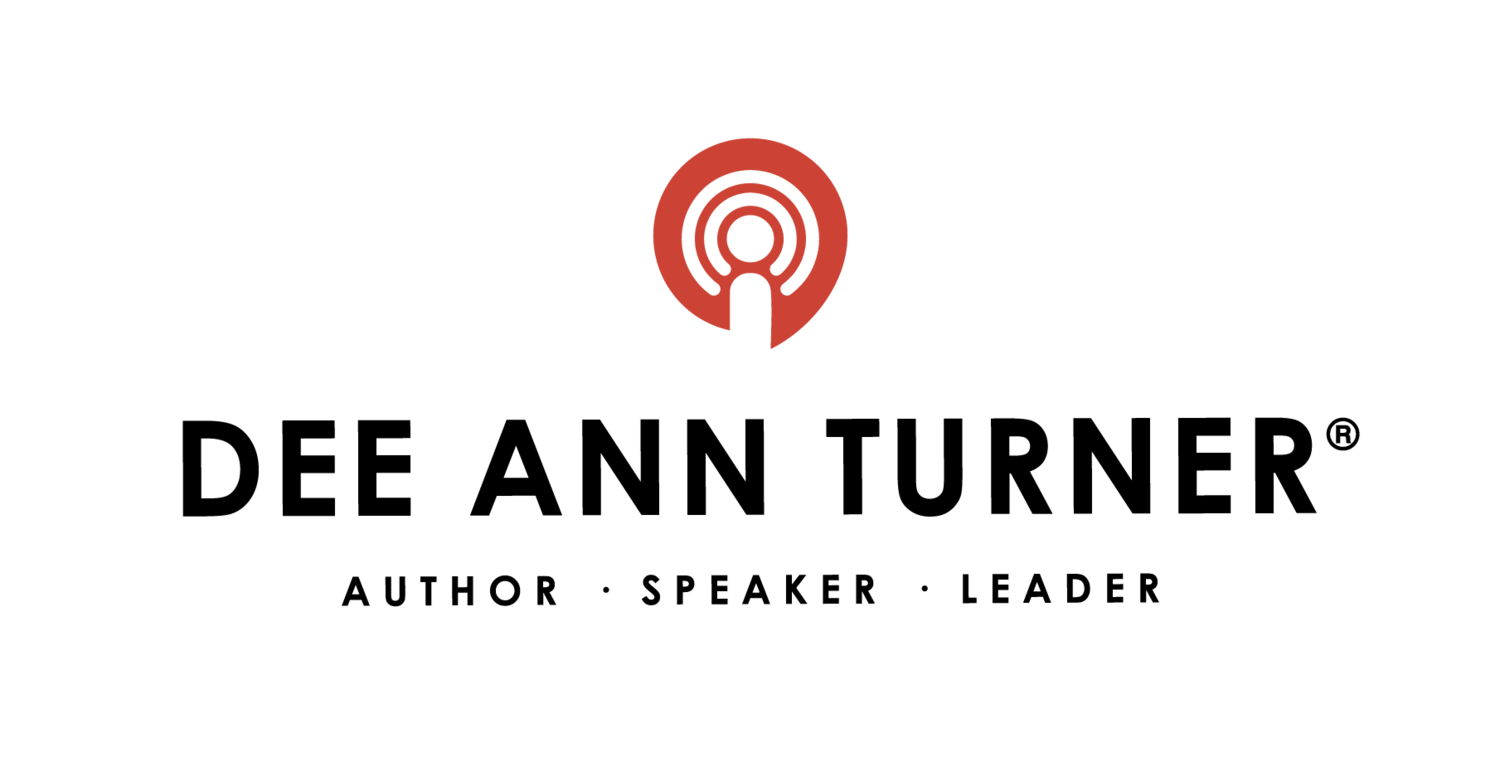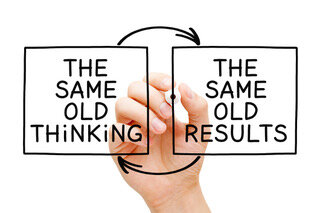Make Better Decisions. Get Better Results.
We make our decisions and our decisions make us.
Hopefully, this is a truth we learn early in life. Bad decisions often lead to bad consequences and good decisions most often lead to good consequences.
Since consequences are sometimes delayed, the results of our decisions are not always immediately apparent. What might appear to be a good decision at the time turns out to be the wrong decision. Of course, the opposite is true too.
If you are going to be successful at most anything - a career, an academic program, an athletic endeavor, raising a family and life in general, making good decisions is critical. Most of the time, one decision builds on the next.
Some people are unaware they are making poor decisions until the consequences catch up with them. Others know they are making poor decisions but don’t know how to break the cycle.
Ryan grew up in a loving family with dedicated parents who wanted the very best for him. His parents coached him but they also protected him from bad outcomes. He never felt the full weight of his choices and decisions. When he made major life decisions, they overly influenced is choices with their own opinions not considering his desires.
Finally, when Ryan was on his own, not only did he not know how to make an independent decision, he had no confidence in himself. Everything had always been decided for him and he had never really experienced the lessons learned from making poor decisions. Now he was faced with even more significant decisions with even more significant consequences and he was unprepared.
Callie, on the other hand, had very disengaged parents who were totally focused on themselves and were rarely available to help Callie make decisions. Her parents made poor choices with their habits and finances and Callie lacked a positive role model at home on how to make good choices and decisions.
Before Callie even graduated from high school, she was already making poor decisions by simply following the example of her parents. She launched her career and within months lost her job and was thousands of dollars in debt.
We make our decisions and our decisions make us.
How do we put ourselves in a position to make good decisions even when we don’t know the potential outcome?
Examine your habits. We all have habits whether they are intentional or not. Making our habits intentional will help us have better outcomes than if we just allow them to develop. If my habit is to eat lots of sugar and processed foods and not exercise then I am going to gain weight and feel poorly. However, if I have habit of eating well and exercising regularly, I am more likely to get the desired outcome of staying fit and feeling good. Our daily habit decisions significantly impact the consequences of our life daily.
Study the past. What decisions have I made in the past from which I can learn? If I made a poor relationship decision, then I need to study not only the results of the decision, but also the early indicators that it was a poor decision. If I understand why I made a poor decision by looking at how I could have chosen differently, I am less likely to make the same poor decision again. Often the pain we feel from making a poor decision prevents us from being willing to examine the process.
Seek wisdom. For whatever reason, sometimes, we fail to listen to the people who can help us make better decisions. The boss that is trying to help us avoid the same mistakes she made may not really be offering criticism but instead assistance. The parent who feels controlling has experienced situations that you have not, yet, and can help you navigate a landmine. The coach that is trying to encourage you to try a different method is drawing on his experience of what he has observed to be successful for other athletes. A foolish person doesn’t listen to the advice of others. A wise person seeks counsel from others. The sooner you obtain wisdom, the quicker you will make good decisions. Wisdom comes from experience and teaching from wise advisors.
It’s certainly easier if we make good decisions from the start, but quite often, and sometimes because of circumstances, that is not the case. Both Ryan and Callie changed their habits, learned from their past mistakes and sought wise counsel. In doing so, they were able to not just revive their careers, but also set themselves up for a successful life.
We make our decisions and our decisions make us.
Want to learn more about how to crush your career? Order my brand new book here:
Crush Your Career: Ace the Interview, Land the Job and Launch Your Future
Follow me on Social Media: Facebook | Instagram | LinkedIn | Twitter
By Dee Ann Turner


